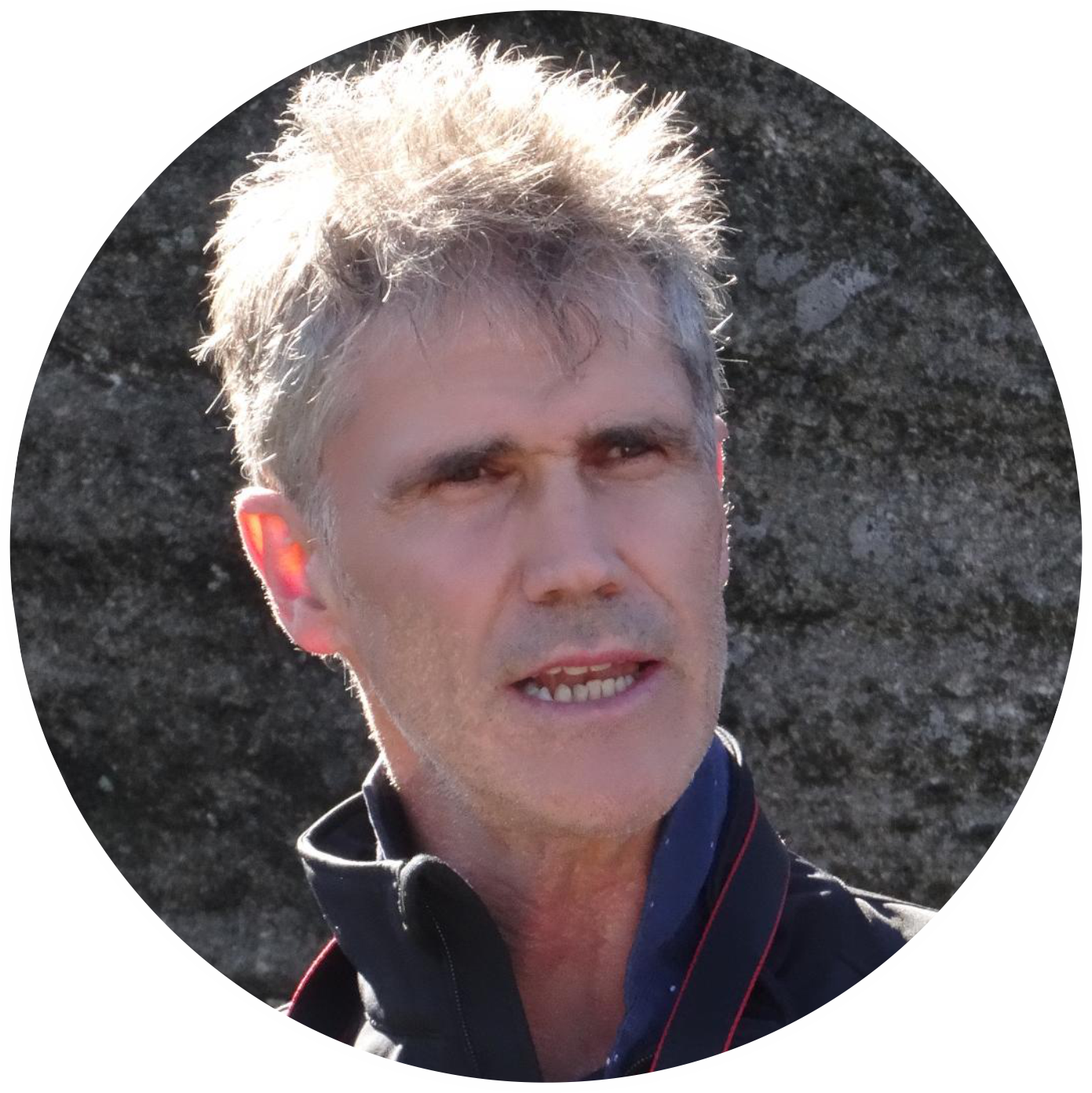Enabling African geodata

By Prof. Mike Stephenson |
GSAf seminar series
Date: 31 March 2023 16:00 (CET) Online Seminar (Zoom meeting) https://uit.zoom.us/j/65987415749
Share the event on your social media by copying the link of the current page or downloading and sharing the seminar poster |
| Prof Mike Stephenson has 25 years’ experience in energy and geological science and research, including 8 years national level science leadership as the UK’s chief geologist (Executive Chief Scientist and Director of Science and Technology of the British Geological Survey). Mike has been providing geoscience advice to Government for almost 15 years and has an excellent overview of Government policy, industrial activity and funding landscape in applied and energy geoscience, including CCUS, shale gas, geological radioactive waste disposal and geoscience data. Mike also has expertise in positioning organisations in controversial energy topics e.g. CCUS, shale gas and nuclear. Mike was adviser to Sir Mark Walport (when UK Government Chief Scientist) on shale gas and CCUS in 2016; a member UKRI’s Energy Strategic Advisory Committee 2020 to 2021; and a Member of the UK Government’s Hydrogen Advisory Council 2021. Widely recognised as an excellent scientist, he has over 100 peer-reviewed scientific papers including many on CCUS, and ~200 conference abstracts; in addition he was the Chief Editor of an Elsevier science journal for 12 years. His science excellence is recognised in his status as professor at four universities. He is Visiting Professor at the University of Nanjing, China, and the University of Milan, Italy. UK Mike is a well-known communicator of science and has published three single-author popular science books. His book on CCUS ‘Returning Carbon to Nature’ is widely seen as the go-to introductory text on CCUS, and reviews of the book include: ‘a tour de force’; ‘excellent review of an important topic’; and ‘conversational prose that opens the book to nontechnical readers’. Mike has also delivered high profile lectures, for example in UK Parliament, and has been a science advisor for the BBC’s ‘Horizon’ and ‘Bang Goes the Theory’ programmes. Currently Mike runs his own company and is Director of DDE Europe/Middle East. |
The IUGS Deep-time Digital Earth Program: Enabling African geodata
Abstract
Africa has enormous natural advantages for the energy transition and for developing modern low carbon industrial systems:
These natural advantages can transform resource wealth into sustainable economic development that benefits all Africans, while also conserving and enhancing the natural environment in line with the sustainable development goals.
As demand rises for energy and critical raw materials, African nations are aiming at inward investment to develop local industry from mining to manufacturing to high value service industries, but also to get the best out of the resources that they choose to export.
The flow of accessible geodata is key to local and inward foreign investment. The International Union of Geological Sciences founded in 1961, with 121 national members, is one of the World’s largest scientific organizations. Through its first big science program – Deep-time Digital Earth – it aims to work with African partners to develop better accessibility to key African geodata and develop artificial intelligence techniques to get more out of data.
Geological materials are the source of hydrocarbons, minerals and geological storage space to enable economic growth such as low carbon gas for power and industry, critical raw materials, renewables-enabling storage technologies like hydrogen storage, direct renewables such as aquifer geothermal, and carbon capture and storage which can abate emissions from power and industry. Thus geoscience is at the heart of modern low carbon industrial systems. The Global South is set to grow fastest in the next two or three decades but there is a challenge in providing the geological capacity and data to ensure ownership and participation in technologies that are rapidly becoming dominated by the Global North. High quality data needs to be made available to developing country geoscientists, and developing country institutions including geological surveys, universities and government regulatory and planning departments, so that they can strategically develop their geological assets.
Through its 25 working and task groups and data platform, Deep-time Digital Earth the first big science program of the International Union of Geological Sciences is developing ways to share data and build models that illustrate key properties such as mineral content, porosity, permeability, heatflow, evaporite distribution, and stratal patterns. These could be combined to create tools that would allow high level screening for resources and regions that are suitable for further investigation or to attract inward investment. All tools would be freely available to geoscientists significantly improving access to scientific data for all, and through further training, developing vital geoscience human capacity in the Global South aiming at the sustainable development goals.
Deep-time Digital Earth is the first big science program of the International Union of Geological Sciences. IUGS founded in 1961, with 121 national members, representing over a million geoscientists, is one of the world’s largest scientific organizations. DDE was started in 2019 and involves more than 100 geological and data scientists from across the world, with 21 founding members and 25 task and working groups dedicated to solving geological and data problems. DDE and IUGS are non-aligned organisations with no geo-political influence.
|
